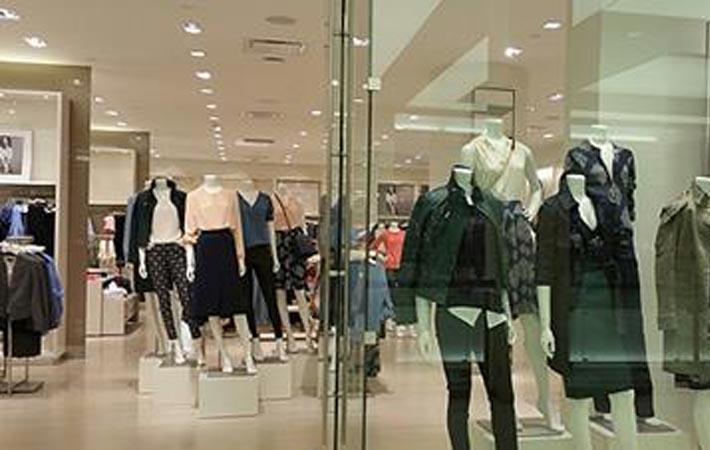UK fashion retailers' current business model unsustainable

Retailers must lead change through labour market and environmental sustainability practices and put in efforts to end the exploitative practices, revealed the result published by the committee. The Interim Report is published in the sustainability of the fashion industry inquiry which is considering the 'fast fashion' business model amid concerns that it encourages over consumption and generates excessive waste.
A group of retailers including JD Sports, Sports Direct, Amazon UK and Boohoo were found to be lagging behind the rest of the industry. None of these have signed up to Sustainable Clothing Action Plan (SCAP) to reduce their carbon, water and waste footprint or the Action, Collaboration, Transformation (ACT) labour rights and living-wage agreement.
We want to see a thriving fashion industry that employs people fairly, inspires creativity and contributes to the economic success of the UK, said committee chair Mary Creagh.
"It’s shocking to see that a group of major retailers are failing to take action to promote environmental sustainability and protect their workers. It’s disappointing that only a third of the retailers we wrote to are signed up to ACT, an important global initiative working towards getting a living wage for all garment workers," she added.
Each retailer was asked about a range of actions and initiatives, including the use of organic or sustainable cotton, limiting the discharge of hazardous chemicals, and the re-use or recycling of unsold stock.
Retailers were then grouped into three categories that reflect their commitment to sustainable fashion and labour market initiatives. These are: less engaged, moderately engaged and engaged retailers.
JD Sports, Sports Direct, TK Maxx, Amazon, Boohoo and Missguided are the least engaged retailers who have not signed SCAP targets to reduce their carbon, water and waste footprint and none of them use organic or sustainable cotton in their garments.
However, retailers like Next, Debenhams, Arcdia Group and Asha Stores have taken few steps to address environmental sustainability issues.
While Asos, Marks and Spencer, Tesco, Primark and Burberry use organic or sustainable cotton and recycled material in their products as well as having in store take back schemes. Except for Burberry, all other retailers are signed up to the SCAP targets.
"By publishing this information, customers can choose whether they want to spend money with a company that is doing little to protect the environment or promote proper wages for garment workers. We hope this motivates underperforming retailers to start taking responsibility for their workers and their environmental impact," added Creagh. (RR)
Fibre2Fashion News Desk – India
































-Ltd..jpg?tr=w-120,h-60,c-at_max,cm-pad_resize,bg-ffffff)





.jpg?tr=w-120,h-60,c-at_max,cm-pad_resize,bg-ffffff)
.jpg?tr=w-120,h-60,c-at_max,cm-pad_resize,bg-ffffff)






